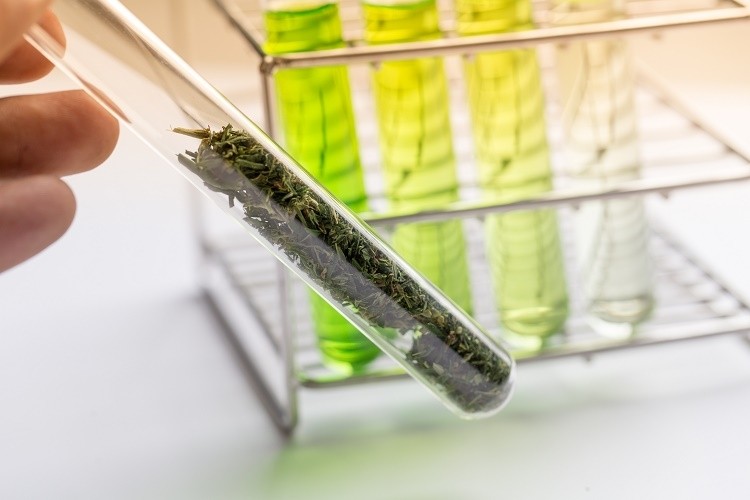National Research Council of Canada signs cannabinoid biosynthesis agreement

Per the agreement, InMed will work with the National Research Council of Canada (NRC) to develop biofermentation and scale-up processes for cannabinoid biosynthesis in E.Coli.
Eric Hsu, VP of preclinical R&D at InMed, told us that metabolic engineering is used to recreate the plant pathway in a microbial host allowing an industrial-scale use for the production of natural products.
However there are often issues that arise during the traditional process, and through biosynthesis, some of those can be avoided.
“Not only is biosynthesis a higher-yielding and more resource-efficient manufacturing process, but a well-controlled process can also produce products with higher purity than agriculturally-sourced cannabinoids,” said Hsu.
According to InMed, a cannabinoid produced through biosynthesis pathway will be well suited for pharmaceutical applications because of its higher purity and potency established during manufacture.
Hsu said that the NRC will help InMed “define and optimize specific fermentation parameters” through the use of a bioreactor system. This system will aim to improve biomass, synthases expression and cannabinoid production.












